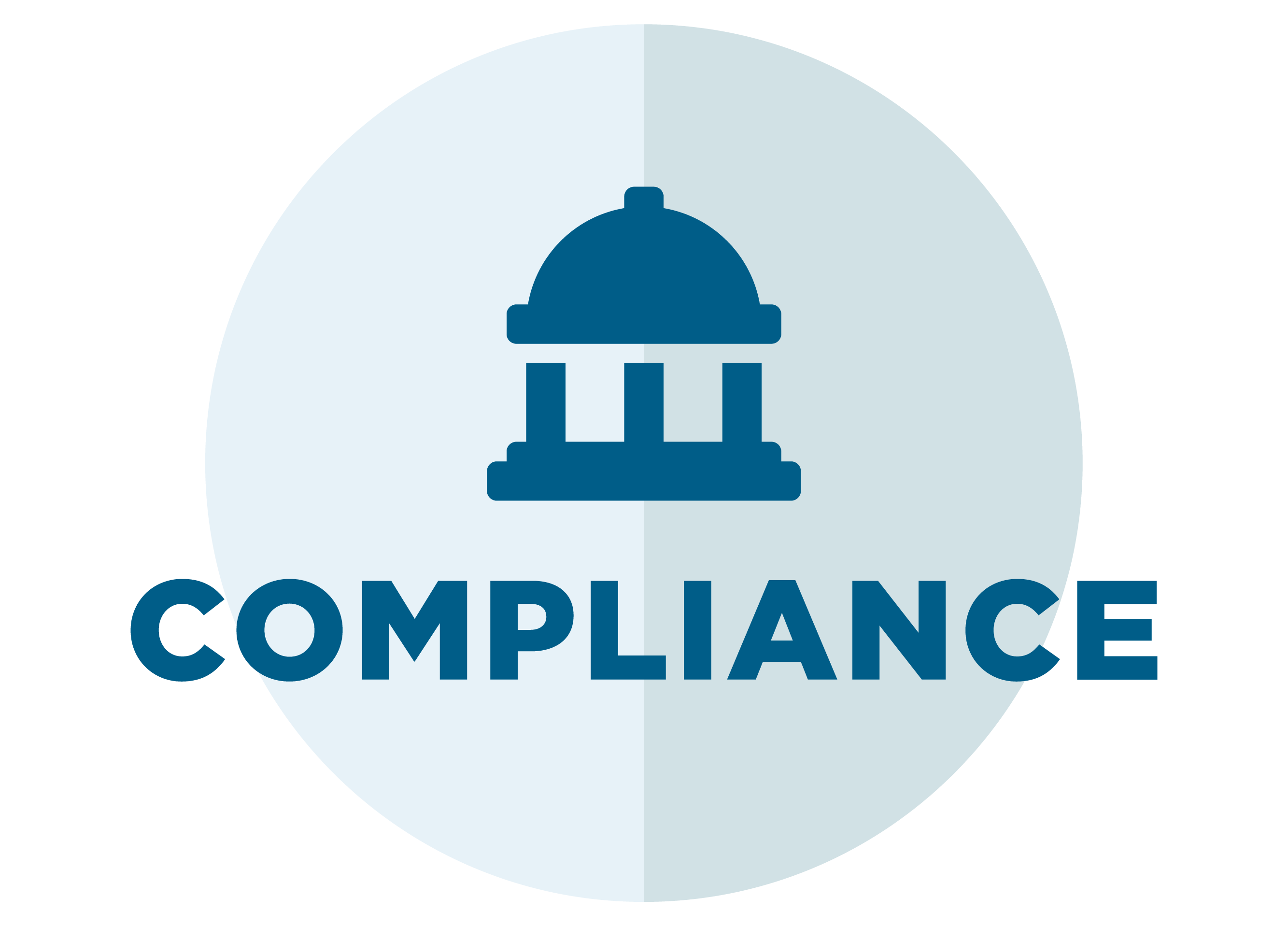Seventeen people were interviewed for the qualitative phase of the Exposed to Scams: Can Challenging Consumers’ Beliefs Protect them from Fraud? study. All were targeted by scams. Some lost money and others did not. In the taped clips below, interviewees explain how scammers reached out with promises of easy money or lucrative investments. Others posed as IRS agents demanding payment of back taxes. The clips highlight the mental frames, or default ways of thinking, that may have led some to become victims of fraud and protected others against monetary losses. Hear directly from: Jackie, Lauren, Karl, Tyler, Cynthia, and Dani in order to understand their experience and their frame.
Read more details on the scam stories and mental frames in the full PDF report, or review the study highlights on this website.
Examples of Financial Fraud: Tax ScamsTax scams usually begin with a phone call to the potential victim, claiming that back taxes are owed and must be paid within a certain time to avoid criminal arrest. |
|
The caller told Jackie she owed back taxes and was subject to arrest. He provided her with addresses for drugstores near her home and told her to purchase gift cards cards in varying amounts and provide him with the card numbers. At no time was she to hang up or tell anyone what she was doing. Jackie stayed on the line and went to the nearest drugstore. At one point, the cashier asked Jackie if everything was all right because she sensed something was wrong. Convinced of the scammer's power and authority over her, Jackie told the cashier she was just chatting with a friend. Jackie's beliefs that she might have done something wrong, that the IRS had the authority to arrest her and that it is embarrassing to reveal any ignorance of how the world works—combined with her apparent lack of experience working with the IRS—may have led her to overlook red flags.
Lauren's combination of experience with government agencies, such as the IRS, and her relaxed attitude toward compliance differs from Jackie's. In her interview, Lauren plainly said, "First of all, the IRS does not call and say they are going to arrest you. Second, nothing has to be done TODAY. There's always a process. I just hang up on people [when they make these claims]." |
| < Return to the study highlights. |
Examples of Financial Fraud: Fake Check ScamsFake check scams usually involve a scammer presenting a would-be victim with a check for an amount greater than what is owed. |
|
The “company” sent Karl a check for $2,950 and instructed him to deposit the check, and then quickly go to a series of stores to send money orders totaling $2,600 to specific addresses provided by the company. After making the wire transfers, he was instructed to provide feedback on the store employees' demeanor, helpfulness and so on. Karl’s new employer stressed that he needed to fulfill the assignment as quickly as possible. He was told to keep the remaining $350 for completing the task. While Karl was ecstatic about the chance to make easy money, he wondered whether the offer might be too good to be true and called his bank to see if the check had cleared. When a bank representative told him it had, he immediately completed the wired payments, notified the company and emailed his report. Karl soon discovered that his bank account had been debited for $2,950, the full amount of the check he had deposited and, he thought, had cleared. Bank representatives explained to him that the check was fraudulent. In effect, Karl had wired $2,600 of his own money— nearly all the money in his account. In recapping the experience, he laughed and faulted the bank. Karl's story highlights several factors that contributed to his experience: his need for income, his wish for "easy money", his unfamiliarity with fake check scams, his response to the time pressures placed on him by the scammers, and his belief that the check was confirmed as valid when the bank makes the funds available.
Tyler received the check, but was initially suspicious because the request seemed odd. However, the man explained that this arrangement made things easier for him. Tyler’s girlfriend and other friends convinced him that since he had the check in hand, he had nothing to lose. These factors, as well as Tyler’s sympathy for the son’s need for a coach, contributed to Tyler’s decision to deposit the check and follow through with the assignment. Like Karl, Tyler believed the check must be valid when the bank credited the money to his account. Because the man emphasized that his travel agent needed the funds immediately, Tyler attempted to wire the funds right away. Fortunately for Tyler, an employee at the wire transfer business flagged the transaction as suspected fraud. An investigation revealed the address of the "travel agent" was linked to to previous fraudulent activity. Tyler, despite his suspicions and his attempt to validate his thinking by consulting his friends, came close to losing money. The opportunity to make additional money and his desire to support someone in need of help may have contributed to his willingness to engage with the scammer. He was fortunate that the fraud detection protocols of the wire transfer business identified the scam before he lost money. Encouraging findings from the survey portion of this study show that someone intervenes in about 20% of scam attempts. Study participants recounted receiving help from bank tellers, employees of wire transfer services and other financial services companies. For Tyler, and others like him, this can be a vital last-minute line of defense against loss. |
| < Return to the study highlights. |
Examples of Financial Fraud: Investment ScamsInvestment scams come in many forms. Some involve direct solicitation for funding to support business ventures; others come in the form of fictitious investments being marketed by unregistered investment professionals. |
|
Through a series of disappointments, Cynthia learned that she had invested in shell companies set up for the express purpose of defrauding investors. Her explanation of what happened reveals the convergence of the mental frames referenced above. When asked why she felt confident about a particular investment, Cynthia proclaimed, "I know a great deal about [the product] and the industry." For some individuals, not inherently knowing the answers is a perceived lack of intelligence, which causes shame and reduces an individual's status. Cynthia’s desire to ultimately prevail and belief in an inherent structure that rewards goodness may have also played a role. When researchers asked why she continued after having such bad experiences, she replied, "I suppose I want to come out a winner … I was too trusting of my fellow man."
Dani invested her money. When the scammers did not respond to her repeated calls, she disclosed that she was pregnant, believing that they would never take advantage of a mother-to-be. However, it was soon clear that she would never get her money back. |
| < Return to the study highlights. |
1. The names of all interview subjects have been changed to protect their privacy.











